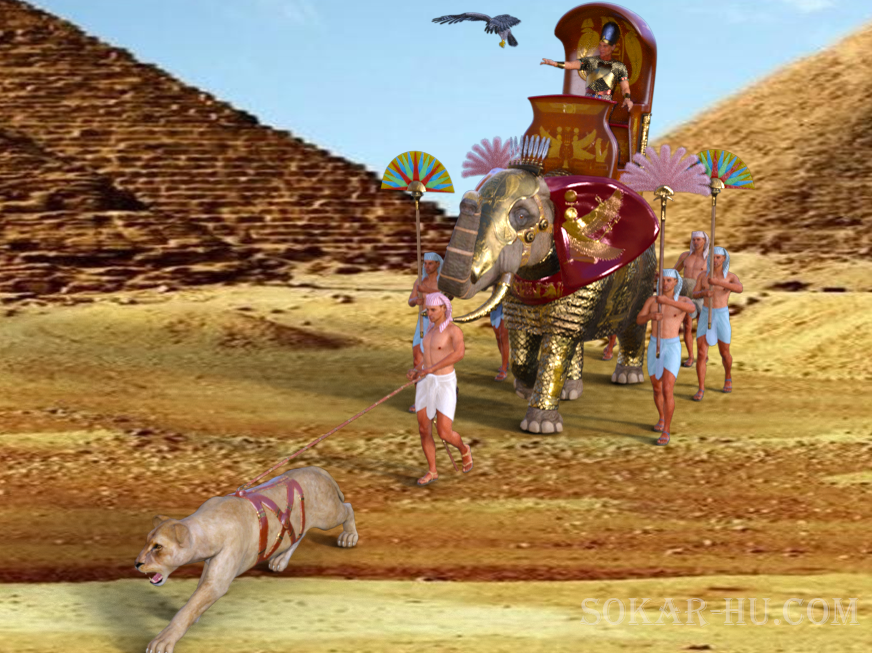
Pharaoh Akhenaten moved the Ancient Egyptian capital from Thebes to a new city, ancient Akhetaten or modern-day Amarna. Military Life was strict and in an attempt to reduce the power of the Amun priesthood, Akhenaten's new city would be dedicated to the sun god, the Aten.
Pharaoh Akhenaten was a controversial figure in ancient Egypt, known for his religious reforms and his focus on the worship of the sun god Aten. However, he was also a military leader who waged several successful campaigns during his reign.
Early in his reign, Akhenaten faced a threat from the Hittites, a powerful empire based in what is now modern-day Turkey. The Hittites had been expanding their territory, and their armies posed a significant threat to Egypt's security.
Akhenaten responded by launching a military campaign against the Hittites, leading his troops into battle himself. The details of this campaign are not well documented, but it is believed that Akhenaten was successful in repelling the Hittite threat and securing Egypt's borders.
Later in his reign, Akhenaten faced a rebellion in Nubia, a region to the south of Egypt that was known for its rich resources, including gold and other precious metals. The Nubians had long been a source of trouble for Egypt, and Akhenaten decided to take decisive action to quell the rebellion and assert Egypt's authority in the region.
He led his army into Nubia and successfully put down the rebellion, establishing a series of fortresses and garrisons along the border to ensure that Egypt remained secure. Akhenaten also established trade relationships with the Nubians, importing valuable goods and resources that helped to fuel Egypt's economy.
Despite his military successes, Akhenaten's focus on religion and his neglect of the military ultimately weakened Egypt's position on the world stage. After his death, his son Tutankhamun worked to undo his father's religious reforms and restore Egypt's traditional polytheistic religion.
However, Akhenaten's military campaigns and his efforts to secure Egypt's borders helped to ensure the country's stability and security during a time of great change and upheaval. His legacy as both a religious reformer and a military leader continues to be studied and debated by historians and archaeologists today.


